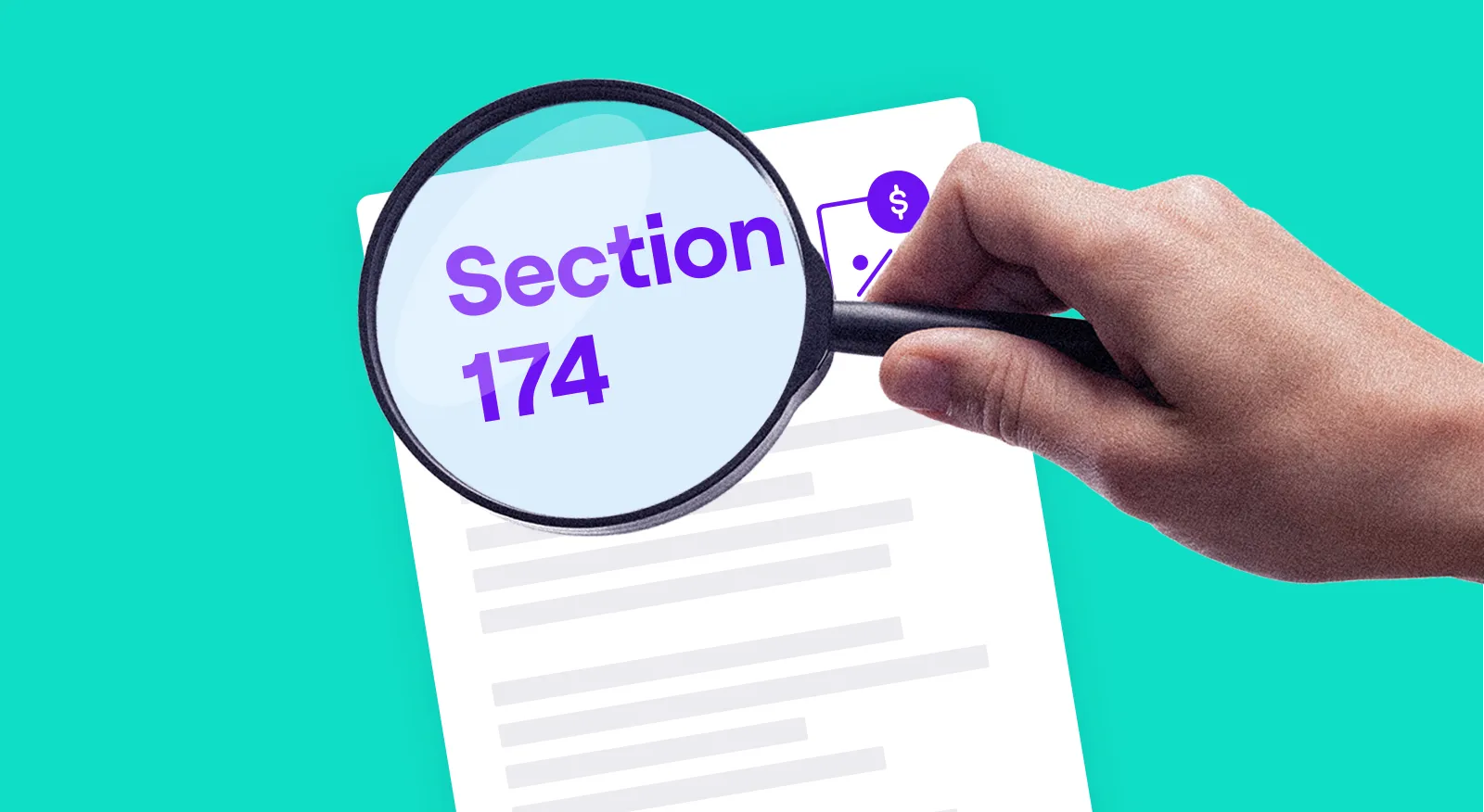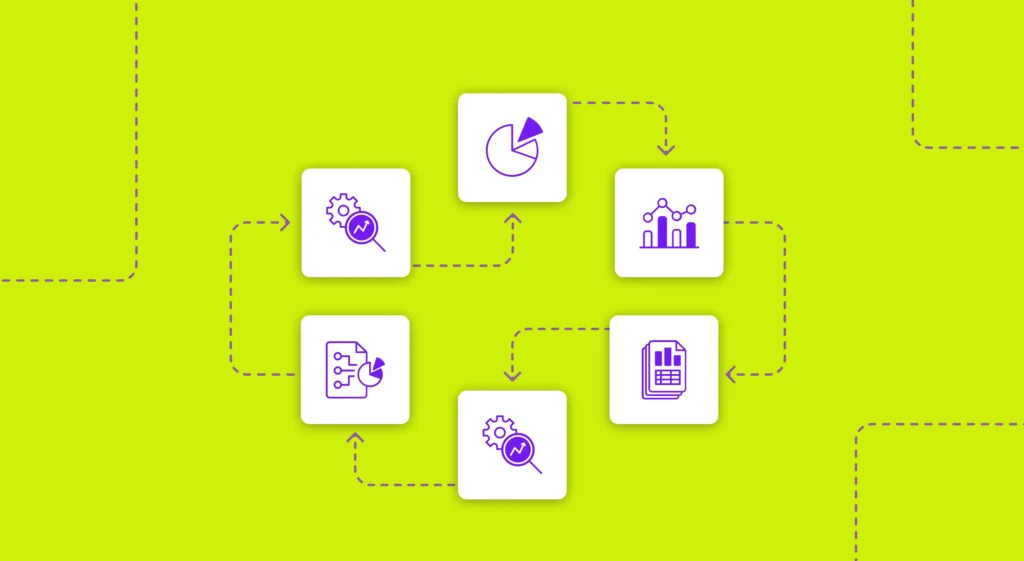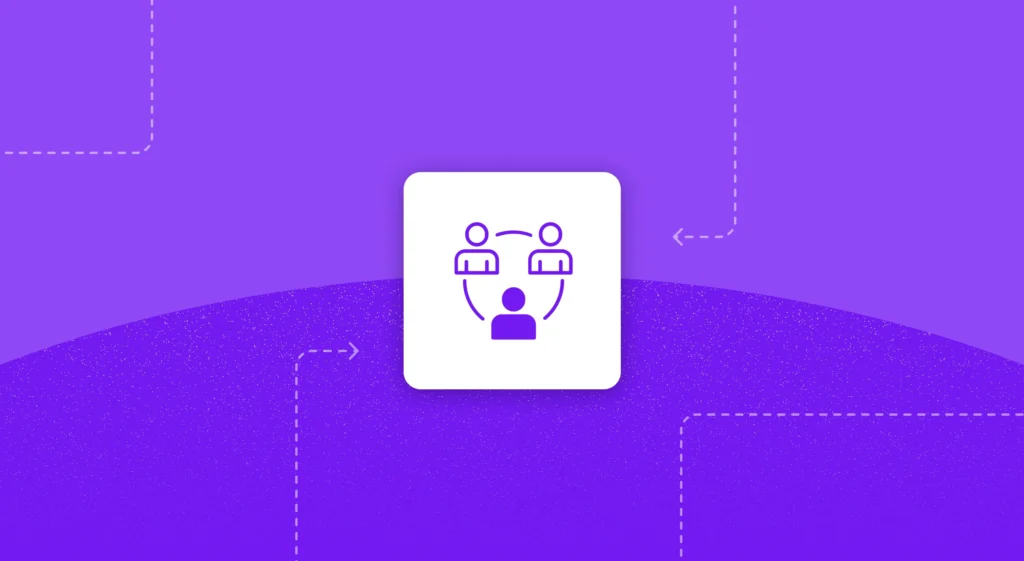Section 174 of the United States Internal Revenue Code plays a crucial role in shaping the strategies of software companies engaged in research and development, impacting their ability to innovate as well as their bottom line.
The passage of Section 174 in 1954 allowed for the immediate deduction of research and experimental expenditures. The policy, intended to encourage innovation, stood for more than sixty years before being sharply altered by the 2017 Tax Cuts and Jobs Act. The amendment’s changes — requiring companies to amortize these expenses over five years for domestic and 15 years for foreign expenditures — proved unpopular among businesses, but bipartisan legislation that promised to roll back the revisions has stalled in Congress.
Many companies either initially ignored the changes to Section 174 or failed to fully comply because it was too confusing and difficult to implement, hoping the changes would eventually be reversed. But with the recent release of new information from the IRS, Section 174 now looks like it’s here to stay. Fortunately, the new guidance on Section 174, which clarifies and narrows its scope, offers an opportunity for software companies capable of properly capitalizing their costs.
Instead of hoping for the unlikely repeal of Section 174, forward-thinking finance leaders should now focus on deploying rigorous processes to identify and separate capitalizable and non-capitalizable engineering efforts to reduce their tax burden. Some CFOs may attempt to achieve this by forcing engineers to track time or asking engineering managers to estimate what portion of their work is capitalizable. But for Jellyfish customers, our automated DevFinOps solution makes it possible to quickly identify capitalizable expenses, alleviating the burden and overhead from engineering and finance teams.
Why software capitalization matters
Software capitalization — an accounting practice that lists the costs of software R&D as investments rather than expenses — is an important tool for taxes, helping companies manage tax burdens that could otherwise obliterate cash flow. Capitalizing and amortizing software development costs is a requirement from the IRS for taxes, and the IRS also requires businesses to maintain thorough documentation of their software development activities to support their eligibility for tax benefits and avoid potential audits.
Engineering and finance leaders understand the importance of capitalization, but it’s incredibly difficult to accurately assess where engineers are spending their time. Engineers often work on several projects at once, and the task of labeling that work is made even more complicated by iterative methodologies like Agile software development. In a 2023 PWC survey, only 38% of CFOs reported being very confident that they were taking full advantage of R&D tax credits for cloud investments.
In order to more easily and accurately track the costs of engineering, software companies are turning to DevFinOps — the integration of financial strategies and finance teams into the operations of software development. DevFinOps seeks to measure how much a new product or feature costs to develop and maintain, as well as whether the team it’s providing the expected return on investment. The data can facilitate strategic product and personnel decisions — and help more accurately capitalize costs to improve a company’s bottom line. With the right tools, DevFinOps can also improve efficiency; the right tools can automate many manual, time-consuming processes and lead to more accurate results.
How Jellyfish helps companies seize the Section 174 opportunity
Historically, sourcing data for cost capitalization involved frustrated engineers manually logging hours or engineering leaders making estimates on work allocation based on their team’s structure and roles. Both of these methods are painful for those doing the manual work, and the results are often wildly inaccurate. Cost capitalization could also become a source of friction between the engineering and finance organizations: engineers and their managers push back against the request to log their hours, while finance teams are frustrated by the inaccurate information or lack of information entirely.
At Jellyfish, we shine a light into this black box. Our platform captures workflow data like pull requests or code commits from Jira and other tools engineers use on a daily basis. Jellyfish identifies what engineers are spending their time on, then automatically allocates the work across the various engineering projects, delivering a granular report of capitalizable time in context.
That data is particularly valuable as companies adjust to the new IRS guidance for Section 174. The updates to Section 174 make it more difficult for companies to deduct those expenses, particularly when working with overseas engineers — capitalizing those engineering costs over a 15-year period may significantly increase a company’s tax burden.
What do those changes look like in practice? Prior to Section 174’s mandatory capitalization requirements, a company with $10 million in taxable income, $2 million in administrative wages and $3 million in software development wages would have been able to claim a $5 million deduction and pay $1,050,000 in taxes. With the new changes, the same company would only be able to deduct $2.3 million in wages, increasing their taxes to $1,617,000 — if they use foreign software developers, the tax bill balloons further to $1,659,000.
The new guidance from the IRS emphasizes the importance of categorizing software development work and properly identifying the percentage of that work that is capitalizable. With Jellyfish, companies can automatically visualize and understand capitalizable R&D expenses, rather than relying on time cards and guesswork — or an unlikely repeal in Congress. Companies that use Jellyfish to capitalize their software development expenses will gain a competitive advantage — and happier engineering and finance teams — as they save time and file taxes with confidence.
Jellyfish offers this information as general guidance only and does not offer legal advice, tax advice, accounting services, or investment advice. Please consult your own tax, legal, or accounting advisor before making any transactions.







